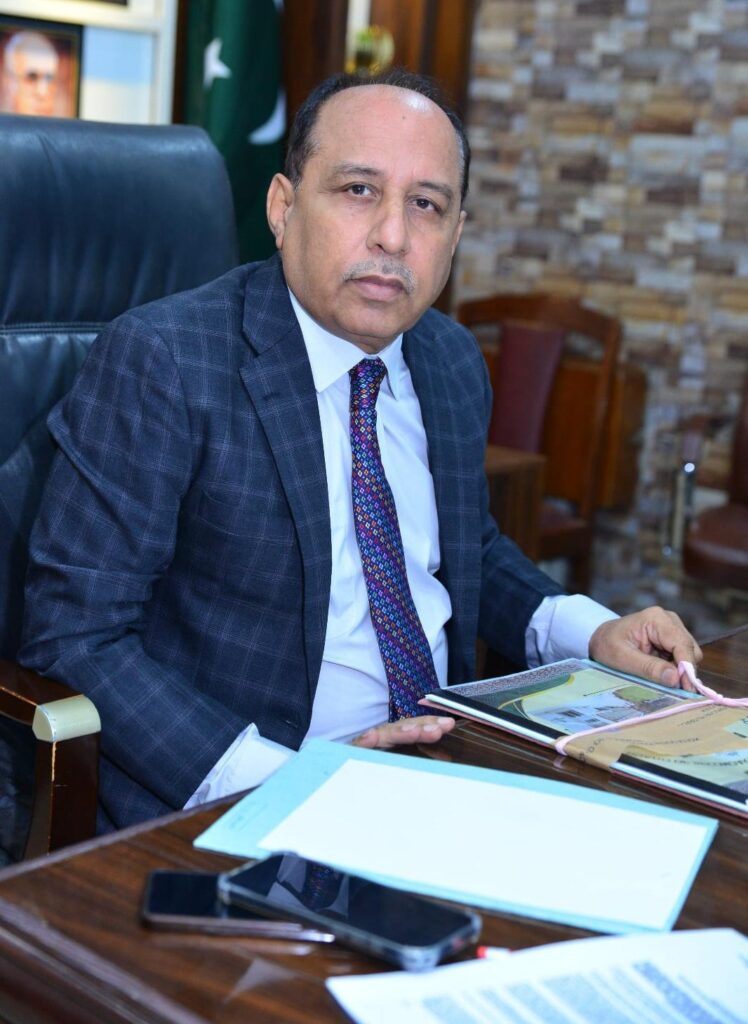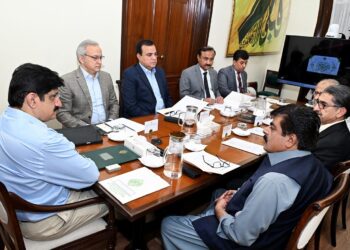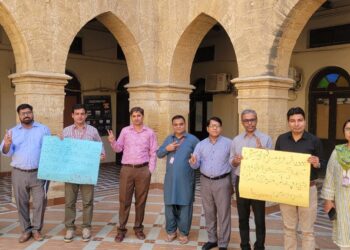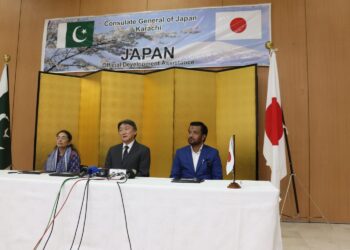Ghulam Hussain Sohoo

It is a matter of serious concern when an education system fails to holistically develop accredited learning standards, benchmark competencies, and in-demand skills that form the core pillars of employability and acceptable attitudes. As my poetic lines state: “With knowledge sown, life takes flight, quality education makes future bright.”
A critical analysis of the current education system reveals a blunt disconnect between rhetoric and reality. While policies and frameworks are drafted with ambition, their weak implementation renders them ineffective. Interestingly, the same policies have worked successfully in countries like South Korea, but appear impractical within Pakistan due to poor execution.
Key Gaps in Pakistan’s Education System
1. Curriculum–Textbook Disconnect
Textbooks remain outdated, failing to transform curricula into modern, engaging, and culturally relevant learning materials. They rarely incorporate interactive exercises or real-world problem-solving, leaving students underprepared for today’s job market.
2. Teachers – The Missing Link
Teachers are the crucial bridge between curriculum and students, yet many lack training, innovation, and passion. Without empowered educators, learning remains static and uninspiring, producing graduates who are not job-ready.
3. Compromised Assessment Systems
Examination bodies often reflect dishonest practices, inflating grades while masking deficiencies. This broken feedback loop fails to inform curriculum updates or teacher training, further weakening educational outcomes.

4. Lack of Practical Skills and Employability
Laboratories and workshops remain underutilized, with students rarely completing practical tasks. As a result, industries often reject graduates of engineering, technical, and professional programs due to a lack of hands-on skills. Many resort to government jobs through influence or bribery, deepening systemic inefficiencies.
5. Policy Overload, Implementation Deficit
Pakistan is proficient in drafting education policies but weak in implementing them. This gap prevents meaningful reforms in skills development, employability, and ethical education.
The Way Forward
- Curriculum Redesign: Align education with market-driven skills and technological advancements, keeping curricula updated and inclusive.
- Interactive Textbooks: Develop engaging, technology-driven learning resources reflecting students’ interests and real-world scenarios.
- Teacher Training & Accountability: Invest in teacher capacity-building and establish strong accountability for classroom and lab performance.
- Experiential Learning: Introduce apprenticeships, internships, and freelancing opportunities across all levels, drawing lessons from Germany and Finland.
- Industry-Academia Partnerships: Forge stronger collaboration between policymakers, industries, and institutions to ensure skills remain relevant.
Conclusion
Pakistan’s education system faces systemic flaws—from misaligned curricula to compromised assessments—producing graduates irrelevant to modern job markets. Without decisive reforms, the nation risks falling behind in the global knowledge economy.
It is time to demand a transformative shift—an education system that fosters employability, builds character, and ensures a prosperous, harmonious society.
About the Writer:
Ghulam Hussain Sohoo is an educationist who has served as Senior Director, Deputy DG Education (FDE Islamabad), Director NAVTTC, Director STEVTA, and RD Wafaqi Mohtasib. He is currently the Chairman of the Board of Secondary Education Karachi.






















